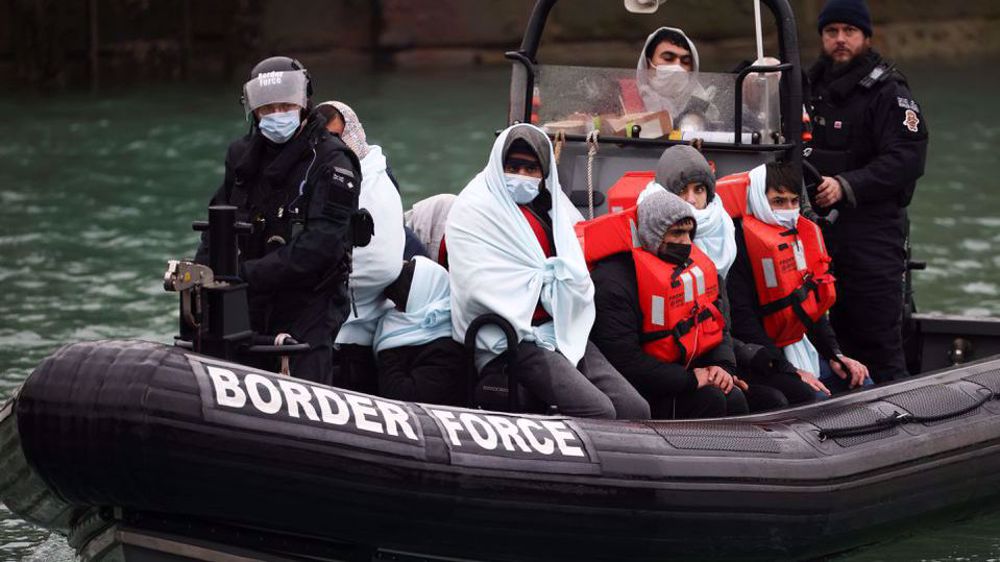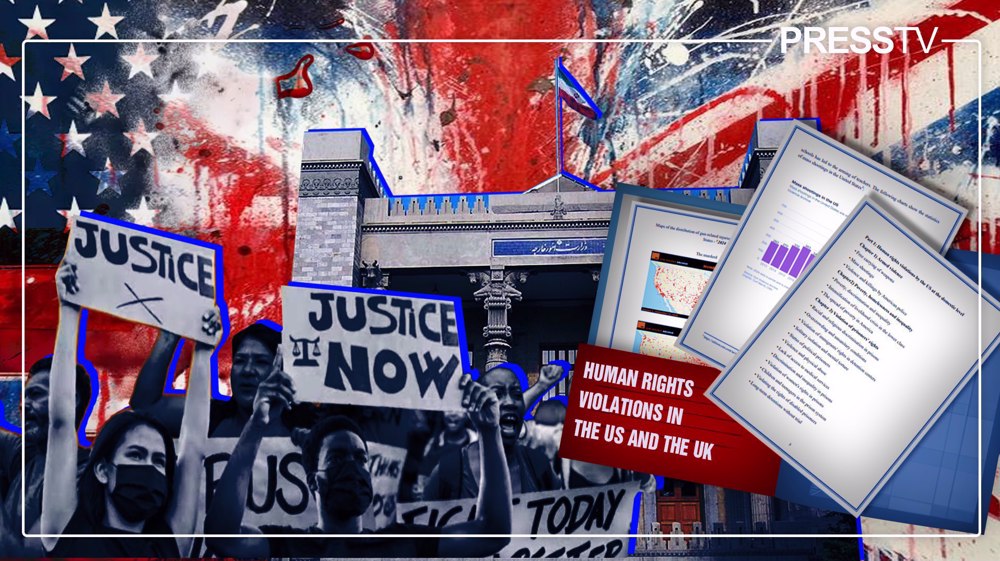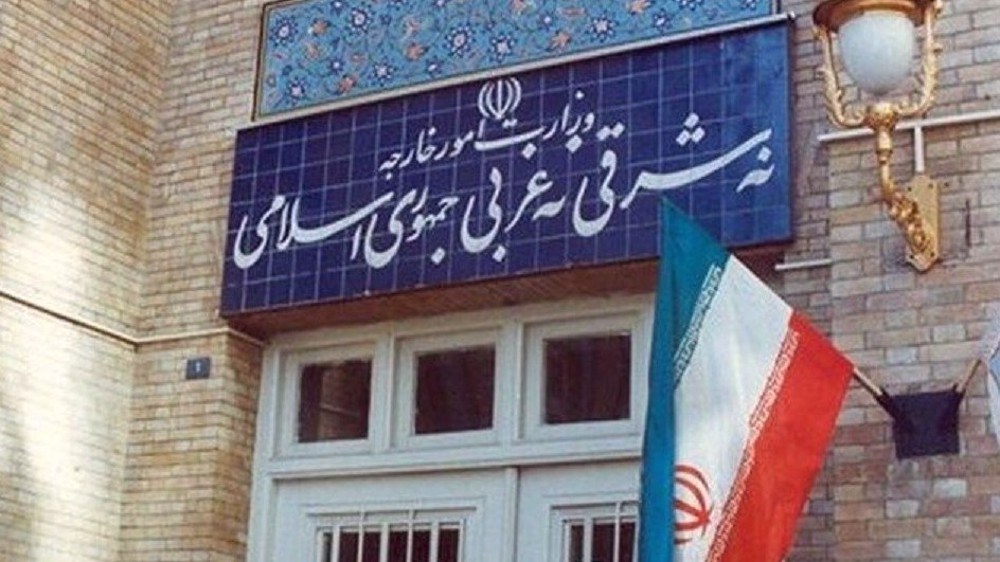UK under criticism over plan to send asylum-seekers to Rwanda
The United Kingdom has come under harsh criticism over its plan to send illegal immigrants and asylum-seekers thousands of miles away to Rwanda.
On Thursday, Britain announced a deal with Rwanda to send asylum-seekers to the East African country, claiming the measure would stop people-smugglers sending desperate migrants on treacherous journeys across the English Channel.
"From today... anyone entering the UK illegally as well as those who have arrived illegally since January 1 may now be relocated to Rwanda," Prime Minister Boris Johnson said in a speech near Dover in southeastern England.
"Rwanda will have the capacity to resettle tens of thousands of people in the years ahead," Johnson said.
He called the East African nation with a sketchy human rights record "one of the safest countries in the world, globally recognized for its record of welcoming and integrating migrants."
UK opposition politicians and refugee groups condemned the move and the UN voiced "strong opposition and concerns" about the agreement.
/cloudfront-us-east-2.images.arcpublishing.com/reuters/RKHNHNVIMBMC5OCDO6LQEGUJKQ.jpg)
The world body said people fleeing persecution should not be traded like commodities.
"UNHCR remains firmly opposed to arrangements that seek to transfer refugees and asylum-seekers to third countries in the absence of sufficient safeguards and standards," Gillian Triggs, the UNHCR assistant high commissioner for protection, said in a statement.
"Such arrangements simply shift asylum responsibilities, evade international obligations, and are contrary to the letter and spirit of the refugee convention.
"People fleeing war, conflict and persecution deserve compassion and empathy. They should not be traded like commodities and transferred abroad for processing."
Meanwhile, European Commission spokesman Balazs Ujvari noted that it "raises fundamental questions about the access to asylum procedures and protection in line with the demands of international law".
Refugee Action's Tim Naor Hilton said the government was "offshoring its responsibilities onto Europe's former colonies instead of doing our fair share to help some of the most vulnerable people on the planet".
Nadia Hardman, Refugee and Migrant Rights Researcher at Human Rights Watch, said the plan would "complicate" the process for Syrians seeking refuge in the UK.
"Syrian refugees are desperate to reach a place of safety," Hardman told AFP.
In 2011, over 28,000 people arrived in the UK having crossed the Channel from France in small boats.
D-8’s role in Iran’s economy after Cairo summit
China slams US as ‘war-addicted’ threat to global security
China ‘firmly opposes’ US military aid to Taiwan
VIDEO | Press TV's News Headlines
President Yoon Suk Yeol to be removed from office
At least 19 Gazans killed by Israeli airstrikes since dawn: Medics
Leader: Iran neither has nor needs proxy forces
US fighter aircraft shot down ‘in friendly fire’ amid aggression on Yemen










 This makes it easy to access the Press TV website
This makes it easy to access the Press TV website